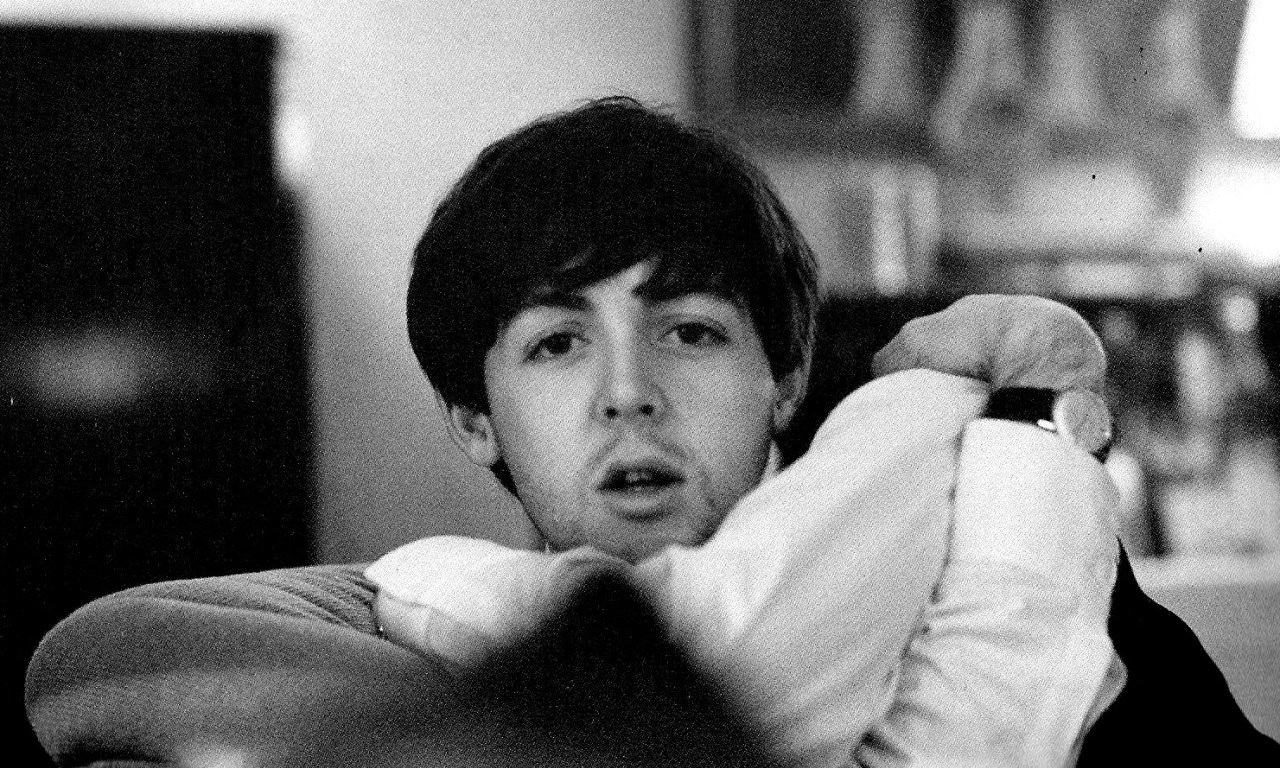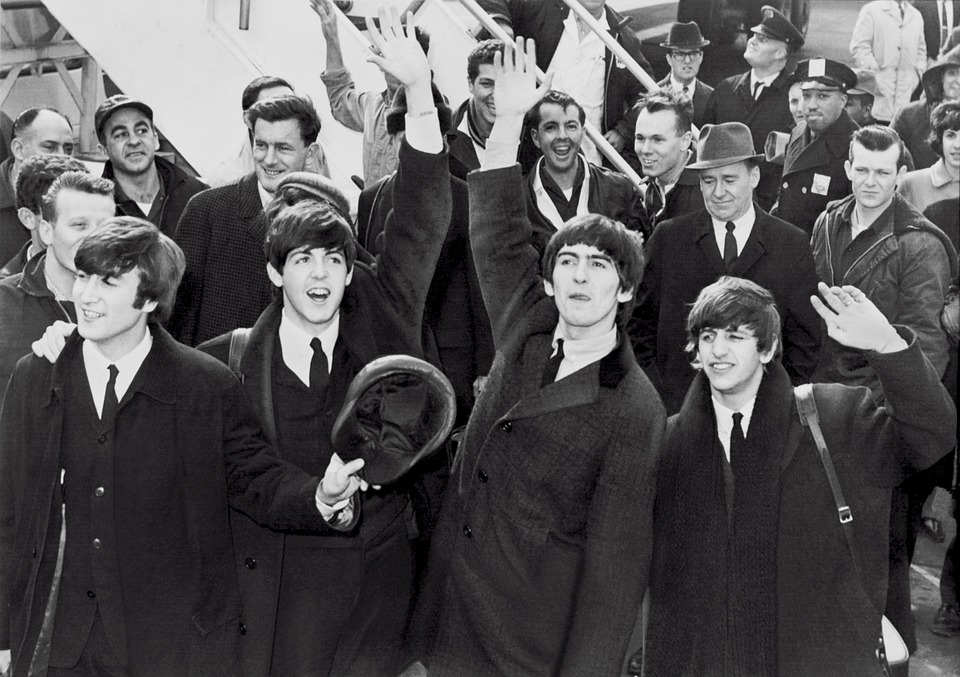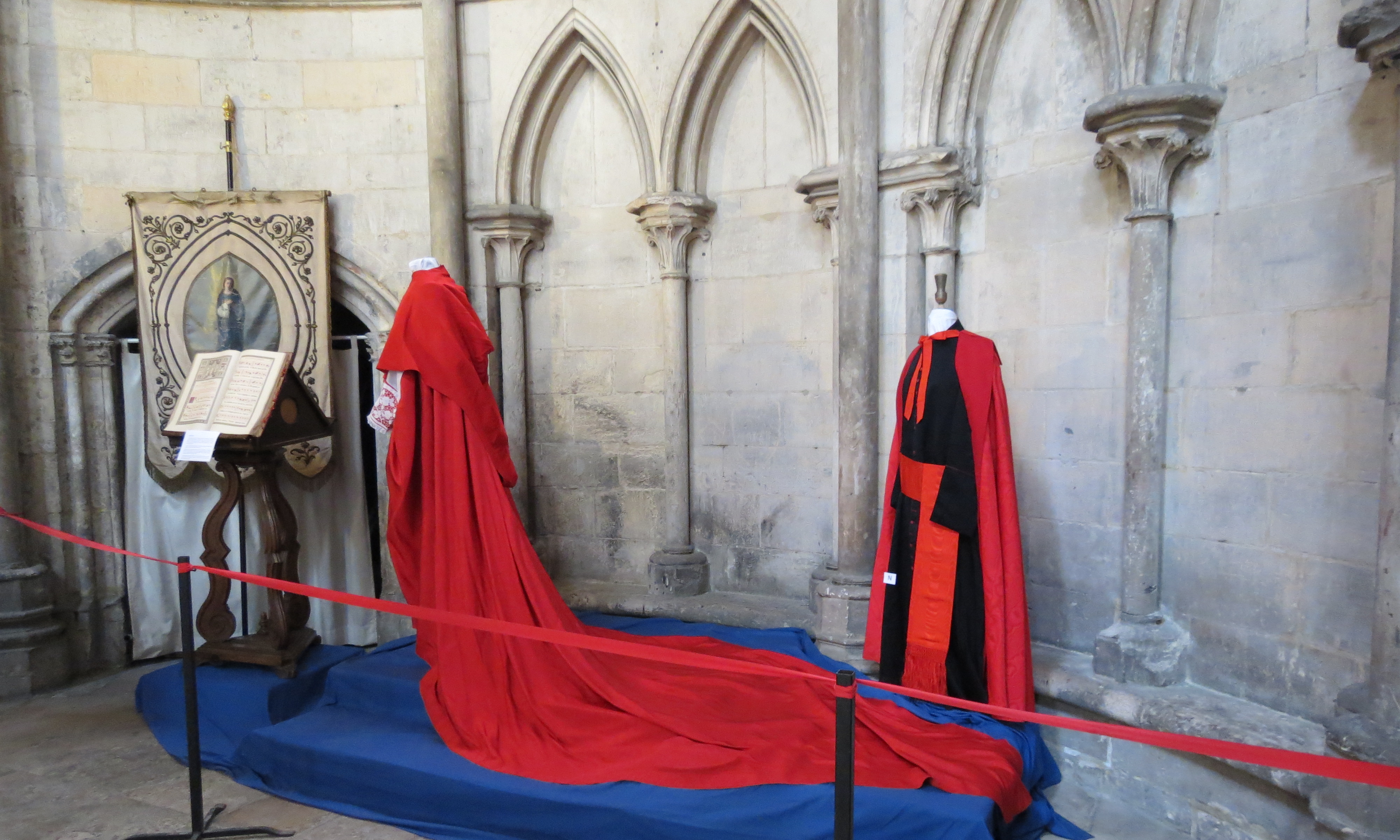The story goes that if the legendary composer and orchestrator Duke Ellington had met you and gotten his hands on your mailing address, you could expect a Christmas card from him. It may not come at Christmas but at some point during the year, his personally written and signed greetings would grace your mailbox.
“Duke Ellington and I exchanged Christmas greetings each year,” wrote Joe Delaney of the Las Vegas Sun. “Mine were sent in mid-December. Duke sent his when the spirit moved him.”
A reformed Ebenezer Scrooge may have pledged to “honor Christmas in my heart, and try to keep it all the year,” but for Ellington, no reform was needed. His card list was extensive, and he faithfully wrote out his greetings while traveling, or when there was a little downtime between gigs. Friends said he found nothing strange in dropping some Christmas wishes in the dog days of summer, when chestnuts roasting on an open fire seemed a hellish idea, and a stable suggested only a stench.
The cards we are receiving at our house this year, though timely, have seemed relentlessly self-absorbed and unseasonal; the majority of them are not even cards, but photographs. They are pictures of families — or at least of the children, no matter how old — posing in bathing suits on a beach, or with a parrot on a cruise, and with nary a manger or an angel in sight.
Well, why would there be when, in fact, these messages are not really about Christmas at all. They’re about the selfie-ness of the senders, for whom even the recipient has become an irrelevant detail — an acquaintance confirmed via printed label stuck to the envelope. Not a pen is lifted, nor a name scrawled; not a warm sentiment is betrayed. The message is, in essence, “We had a nice vacation this year and liked this picture so here it is, and oh yeah, Happy Holidays.”
I don’t mean to be cranky. It is nice to get the pictures. Still, I can’t help but think there is something profoundly anti-Incarnational about the Christ-lessness it all.
Incarnation is a process; it is actually a succession of processes — an ongoing pursuit of becoming. Incarnation involves intention and then consent, but not in isolation, and not just once; the consent happens again and again. It is a consent to be present; a consent to see, to hear, to listen, to respond, to love, to ache, to surrender in order to attain the fullness of that intention with which it all started.
The quasi-narcissism on display in these “holiday greetings” suggests no intention to seek out a greatness beyond ourselves; it consents to only the barest engagement with an ever-diminishing sense of social obligation. As such, it is empty and void; the “nothing” that is only possible without God. For with God — the angels tell Mary — “nothing” is “impossible.”
We can learn a lesson from Duke Ellington and his dedication to the cards that kept Christmas alive in his heart year-round and, with every postmark, communicated a theme of Incarnation. For him, Christmas was always coming — the Christ was always on His way, or newly arrived. In troubling himself to hand-write his messages, he was demonstrating profound intention and consent; the lucky acquaintance who opened Ellington’s Christmas cards in April, or July, or October, was hearing a message not so far removed from the song of the angels: You have been thought of; you have been brought forth with intention; you have been seen, and heard, and listened to; you have been loved. And Christ is coming. And Christ is here, where love is.
This is the message of Christmas, but the great secret is that it is the message of our every day, too. Perhaps it was easier to remember this when Christians would pause briefly, every day, to recollect the great mystery of Incarnation by praying the Angelus:
The Angel of the Lord declared to Mary:
And she conceived of the Holy Spirit.
Behold the handmaid of the Lord:
Be it done unto me according to Thy word.
And the Word was made Flesh:
And dwelt among us.
One evening, while awaiting his train at Penn Station, my elder son was approached by a disheveled, mildly aromatic middle-aged woman; she said she was hungry and wondered if he might spare some change. Instead, he walked with her to a food stand and bought her a hamburger and fries and a drink. As she ate, he sat with her, and they chatted pleasantly. When I asked him why he didn’t simply hand her a few dollars and keep walking, which is what I would have done, he said that would have seemed “dismissive” — that the woman was as deserving as anyone else of being seen, and heard, and known, even if just for a little while.
In the noise of the world and our harried distractions and self-absorption, we lose track of the mystery and message of Christmas: that we are meant to be an Incarnational people, a people of intention, consenting to be aware of each other, fully present to each other, alive to each other, affirming each other, for God’s sake.
Duke Ellington used to tell his audiences that he loved them, and madly. Nat Hentoff, in a fond piece, quoted him: “It’s true. I love those people madly. . . . Maybe 30 years ago I used to think, ‘I play for myself. I express me.’ And an artist has to please himself first. But . . . when someone else happens to like what you’re doing too, this brings on a state of agreement that is the closest thing there is to sex, because people do not indulge themselves together unless they agree this is the time.”
Intention, consent, seeing, listening, being present, affirmation. It is an Incarnational way of living that perhaps only someone like Ellington, who kept Christmas well and understood its secret, could manage.
In 1974, Hentoff was the glad recipient of an April Christmas card from the Duke, who died weeks later, in May. “What came back to me as I looked at that card was what sideman Clark Terry told me: ‘Duke wants life and music to always be a state of becoming. He doesn’t even like definitive song endings to a piece. He’d often ask us to come up with ideas for closings, but when we’d settled on one of them, he’d keep fooling with it. He always likes to make the end of a song sound as if it’s going somewhere.’”
That’s the Incarnational process. Perhaps Ellington’s great understanding was informed by the God-spark residing within his own artistic gift. As he first composed to please himself, so did the Creator create. But now all creation resides within the unending note of “yes” that emanates, still, from God. A world of truth, order, fulfillment, and new creation hinges on the agreement, the corresponding “yes” of the creatures.
So much depends on our ability to see beyond the distractions of a day, and our willingness to unplug, in order to hear the eternal note of invitation and consent to the process of becoming.
This piece originally published at National Review Online in 2013. Resurrected thanks to a friend who posted it to social media today from a source with broken links. Thanks, Millie, for reminding me of it!



0 Comments